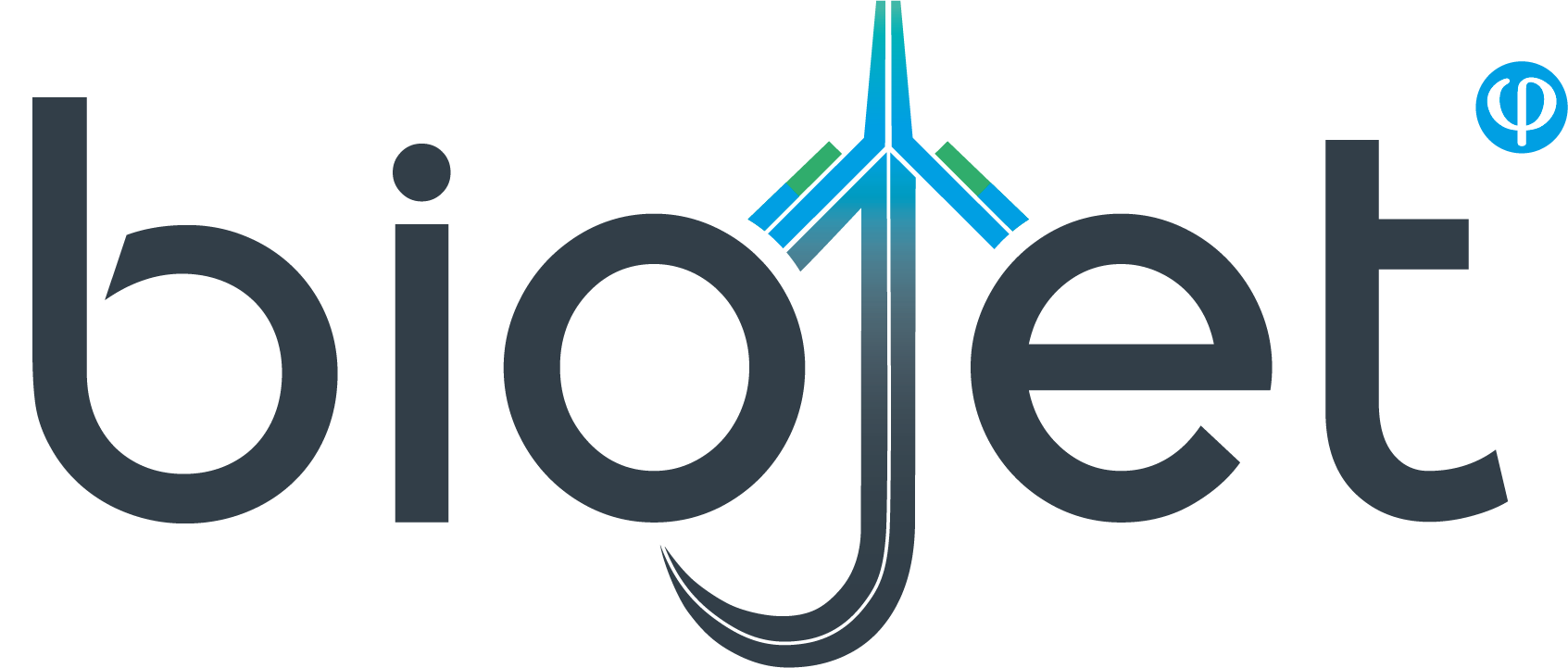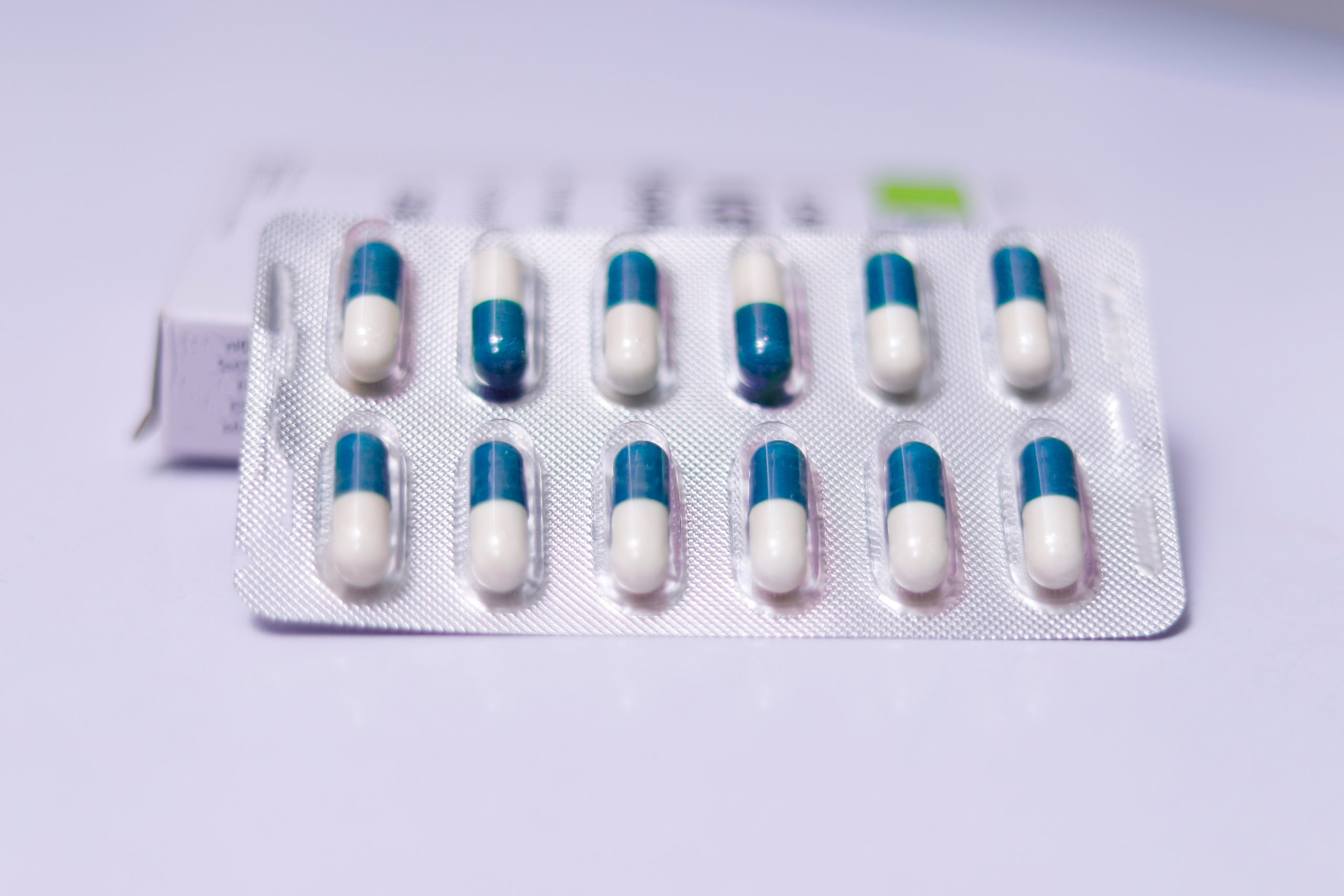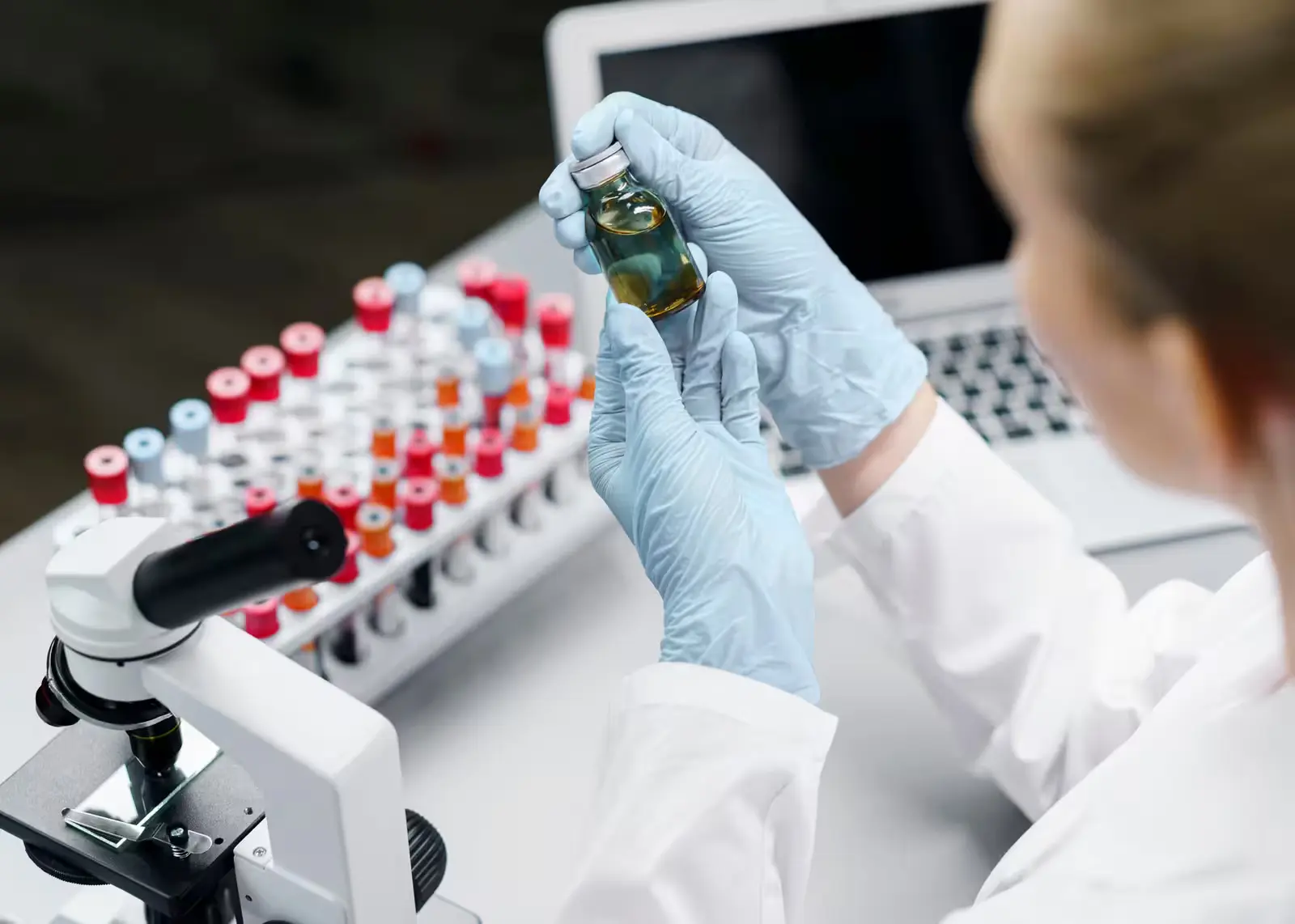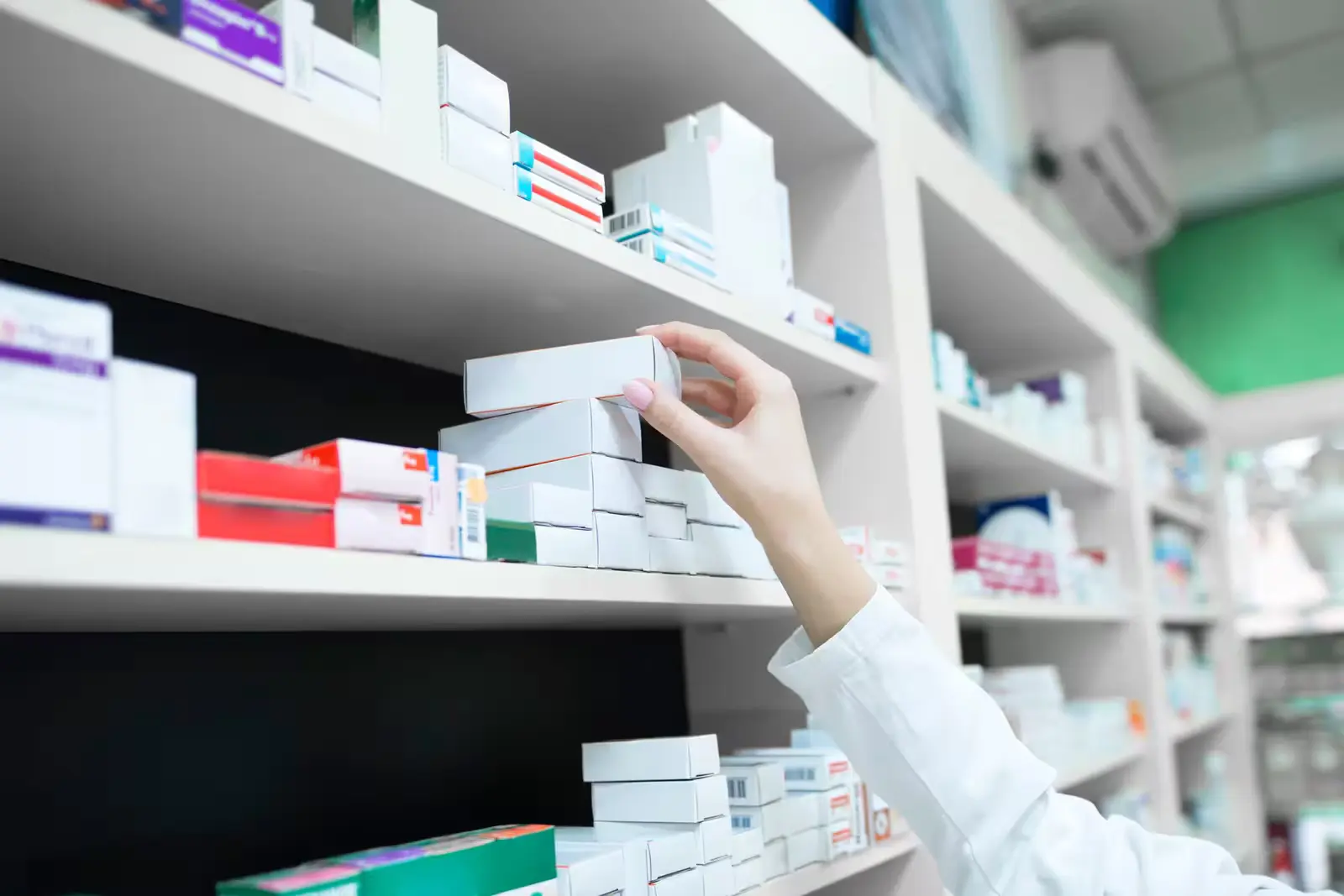Occasionally, authorized bodies announce the need to update drug instructions. But how is it determined that an update is necessary? Who manages these processes within pharmaceutical companies and at the state level? Evgeniya Shapiro, General Director of “PSK Pharma,” provided insights into these and other questions.
Do pharmaceutical manufacturers need to monitor the use of their drugs?
Pharmaceutical companies’ obligations to ensure the quality and safety of medicines do not end after development, clinical trials, and production.
Any responsible Russian manufacturer, including “PSK Pharma,” closely monitors the safety of patient drug use. This task is carried out by pharmacovigilance departments. Their responsibilities include monitoring adverse reactions to their products, implementing risk minimization measures to prevent such reactions, informing regulatory authorities, healthcare professionals, and patients about safety issues, and ensuring that drug information reflects the latest scientific knowledge and regulatory recommendations.
Anyone can report an adverse reaction to pharmacovigilance specialists using the contact details provided on manufacturers’ websites or in the drug’s instructions for medical use.
If pharmacovigilance employees are part of the company, can they be objective?
Pharmaceutical companies operating in Russia must appoint an authorized person for pharmacovigilance to ensure compliance with the strict requirements of EAEU legislation. Typically, companies establish a dedicated pharmacovigilance department or service to fulfill these responsibilities.
These services do not merely monitor adverse reactions and use the information at their discretion; they regularly report such data to the Federal Service for Surveillance in Healthcare (Roszdravnadzor). This agency oversees manufacturers’ compliance with pharmacovigilance obligations, records all submitted information, and analyzes it systematically. Based on this data, recommendations may be issued to update drug instructions, conduct additional studies, or reclassify over-the-counter drugs as prescription-only to reduce patient risk.
Data is also shared with the World Health Organization’s database, allowing information about specific International Nonproprietary Names (INNs) to be consolidated and considered globally.
Roszdravnadzor is authorized to perform external inspections of pharmacovigilance services, providing both quality control and support to improve processes. Additionally, the Ministry of Health oversees these services by evaluating the pharmacovigilance system master file—a document that details the entire system. If issues with processes or resources are identified, the ministry may issue a corresponding alert.
How is a pharmacovigilance service organized?
The key figure is the authorized pharmacovigilance person, who ensures the establishment of a robust pharmacovigilance and quality management system. This system must guarantee effective safety monitoring of medicines and meet the expectations of regulatory authorities, stakeholders, and company leadership. Under their supervision operates a team whose size depends on the company’s drug portfolio.
Responsibility for reporting adverse drug reactions lies with all pharmaceutical company employees. Every specialist must understand the protocol for handling information received from healthcare providers or patients. Failure to fulfill these obligations can result in administrative or even criminal liability. At “PSK Pharma,” all employees undergo regular pharmacovigilance training.
As a result, users of the company’s drugs can be assured of continuous monitoring of their quality and safety. In the event of an adverse reaction, the company encourages prompt reporting.
Source: Pharmaceutical Bulletin, December 12, 2024.








